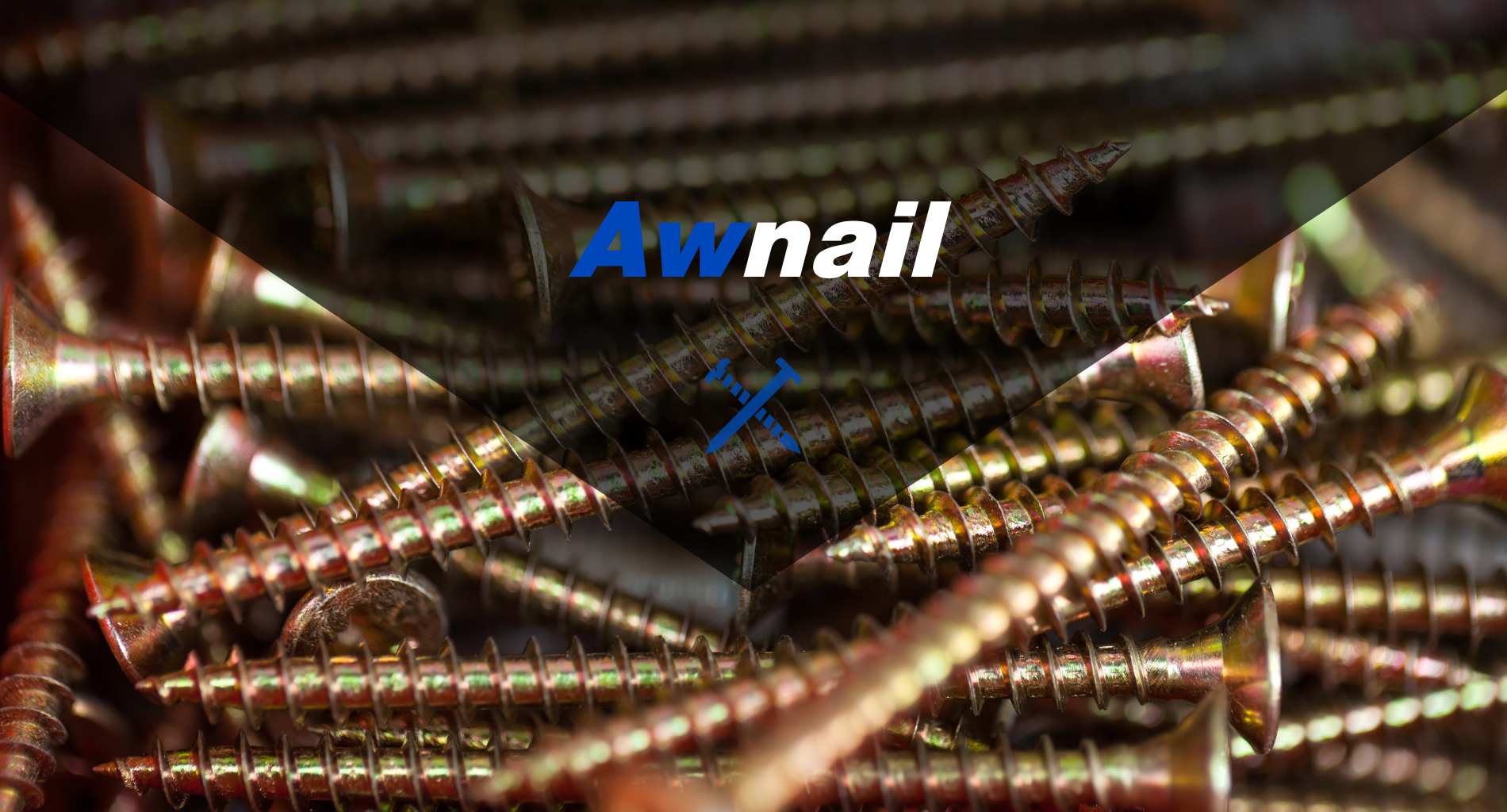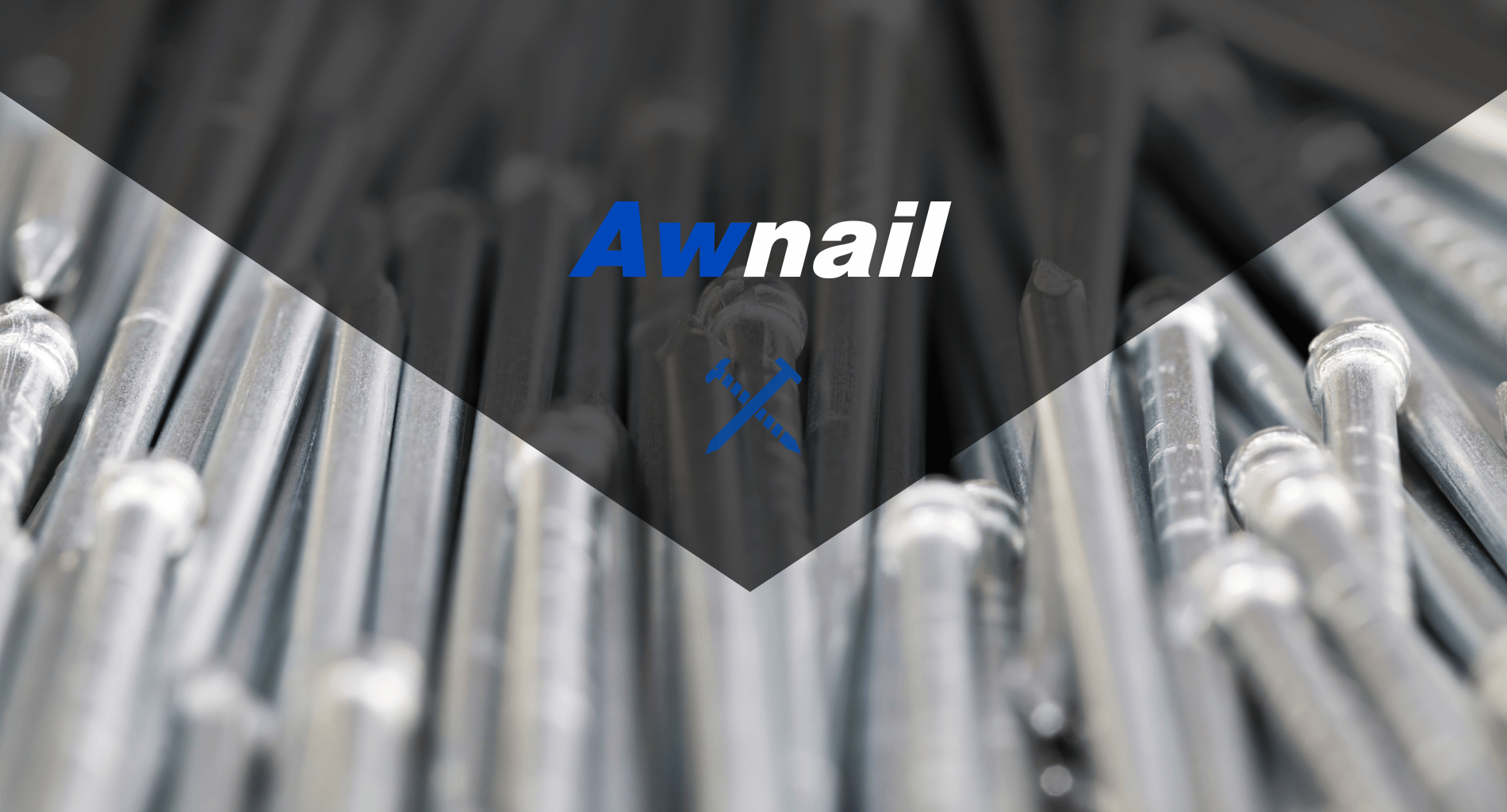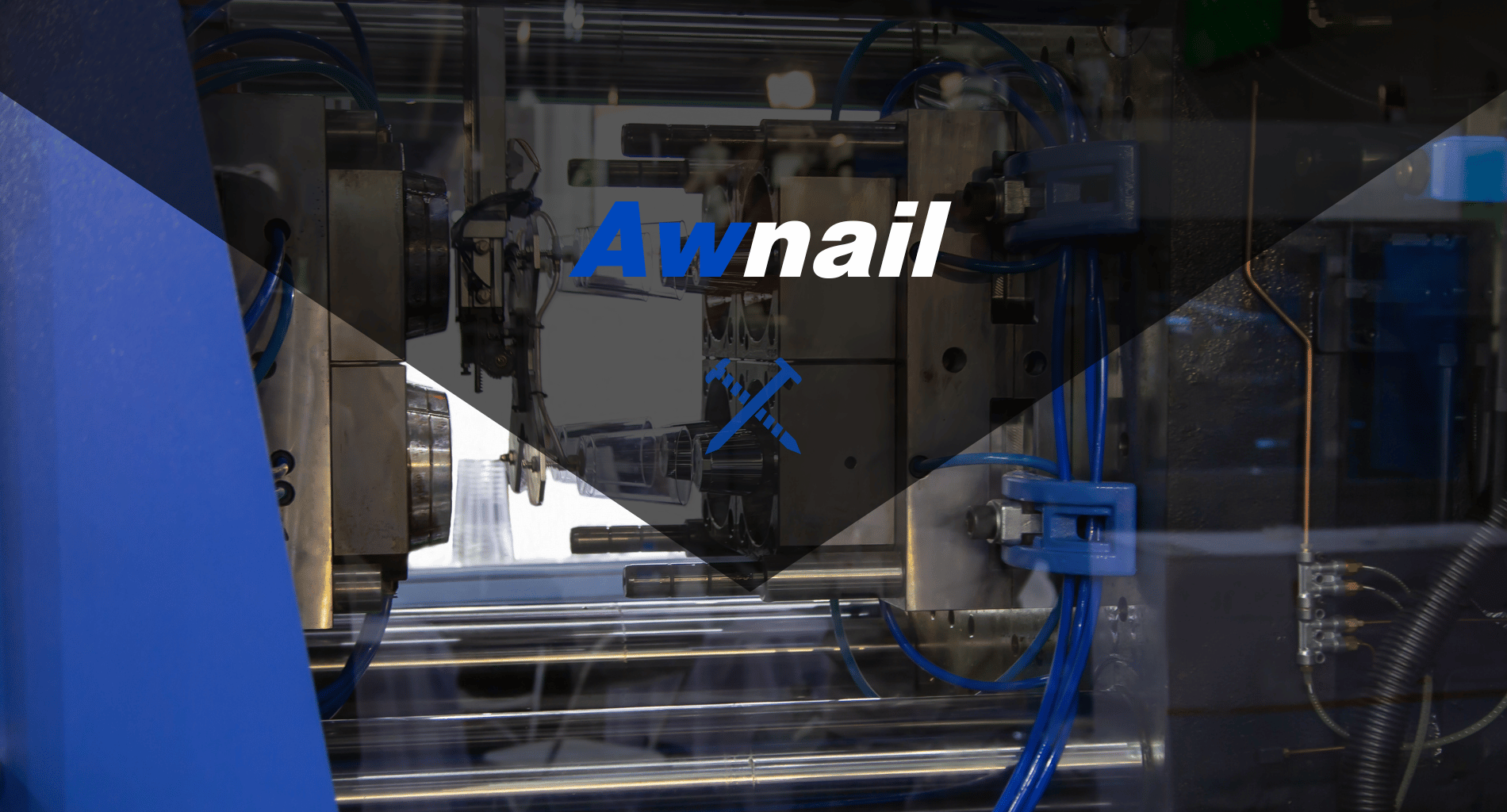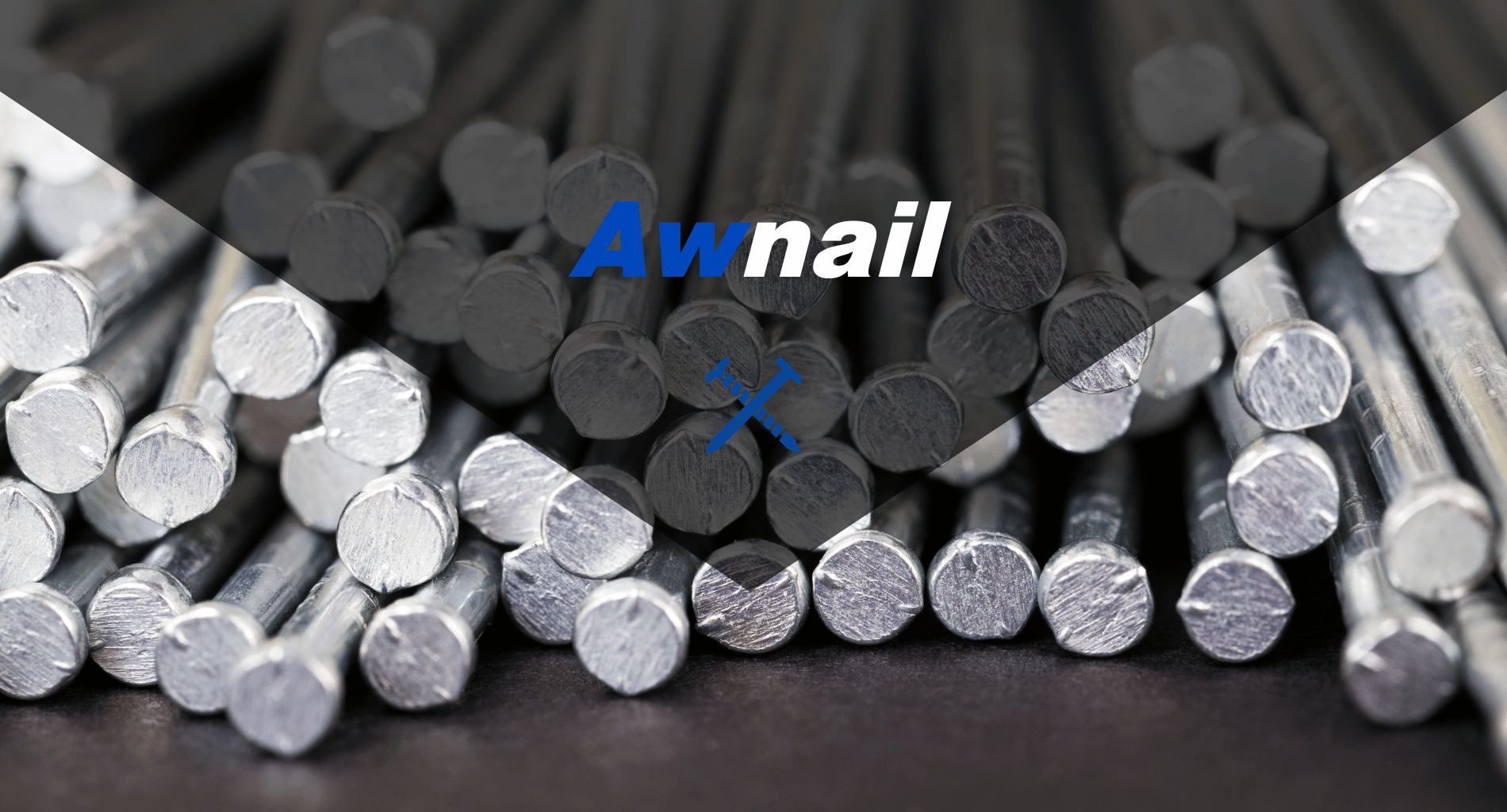What shapes the detailed threads on bolts and screws with such precision? The key is the sophisticated technology of a thread rolling machine.
As a nail machine expert, understanding the role of these machines in the manufacturing sector highlights their importance in modern industry.
Thread rolling machines are crucial in the manufacturing industry. Their capability to produce strong, uniform threads efficiently is essential across various sectors.
This article will explore the varied applications of thread rolling machines and their advantages for manufacturers.
So, continue reading.
1. Automotive Industry
The automotive industry, a leader of global manufacturing, is known for its strict standards and constant innovation. In this sector, precision and reliability are critical, as the quality of components directly impacts the safety and performance of vehicles. Here are the reasons why these rolling machines play an important role in meeting these high standards, offering unmatched efficiency in producing vital components:
- Production of High-Strength Fasteners: Thread rolling machines are instrumental in creating high-strength bolts, screws, and fasteners, which are vital components in vehicle assembly. These fasteners need to withstand extreme conditions and stresses, and the thread rolling process ensures their durability and reliability.
- Manufacturing of Engine Components: Critical engine parts, including camshafts and crankshafts, often require precise threading for their function. Thread rolling machines provide the high precision and consistency needed for these essential components, contributing to the overall performance and longevity of the engine.
- Gear Fabrication: Gears within automotive transmissions and drivetrains require exact threading for smooth operation. Thread rolling machines facilitate the creation of these gears, ensuring they meet the industry’s rigorous standards for quality and reliability.
- Suspension Component Creation: Components of a vehicle’s suspension system, such as bolts and rods, also benefit from the precision thread rolling machines provide. This precision contributes to the vehicle’s handling stability and passenger comfort.
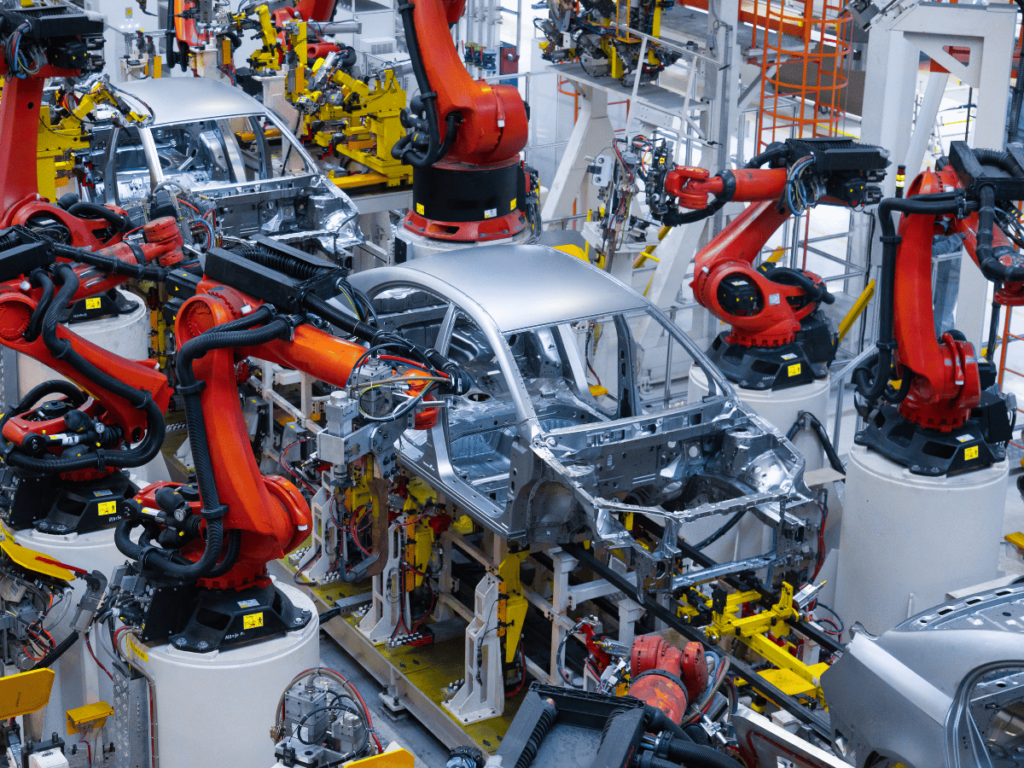
2. Aerospace Sector
The aerospace sector is renowned for its strict safety standards and the need for advanced technological precision. In this highly specialized field, every component must meet exacting specifications to ensure the safety and efficacy of aircraft and spacecraft. Here’s why thread rolling machines play an integral role in this process, offering unparalleled precision and strength:
- Fabrication of Aerospace Fasteners: Thread rolling machines are vital in producing fasteners used in aircraft and spacecraft. These fasteners must hold up under high stress and vibration conditions, and thread rolling ensures the strength and integrity required for these critical components.
- Construction of Engine Parts: Precision threads in engine components are crucial for the functionality and safety of aerospace engines. Thread rolling machines provide the exactness needed for these parts, ensuring their performance and reliability in demanding aerospace environments.
- Aircraft Structural Elements: Thread rolling machines are used in crafting structural elements of aircraft, such as bolts and frame connectors, providing the durability and resilience needed for structural integrity.
- Landing Gear Manufacturing: They play a crucial role in manufacturing landing gear components, ensuring these parts are capable of enduring the immense stress and impact of takeoff and landing operations.

3. Construction and Infrastructure
The construction and infrastructure sector is a bedrock industry that shapes our daily environments. In this field, durability and safety are of the outmost importance, as the structures built must withstand the test of time and varying environmental conditions. Here is why thread rolling machines are indispensable in this sector, providing the necessary strength and precision for constructing reliable and long-lasting structures:
- Creation of Structural Bolts and Fasteners: Thread rolling machines are crucial for manufacturing bolts and fasteners used in building constructions. These components are essential for joining structural elements securely, ensuring the stability and safety of the construction.
- Production of Reinforcement Bars: Reinforced bars (rebars) with precise threading are used extensively in concrete structures for added strength. Thread rolling machines enable the production of these with the exact threading required for effective reinforcement, reducing rebar issues.
- Foundation Anchors Manufacturing: Thread rolling machines produce anchors used in foundations, critical for securing buildings to the ground firmly, enhancing structural integrity.
- Bridge Construction Components: They are used in manufacturing components for bridges, including pins and rods, ensuring these elements can withstand environmental stresses and heavy loads.
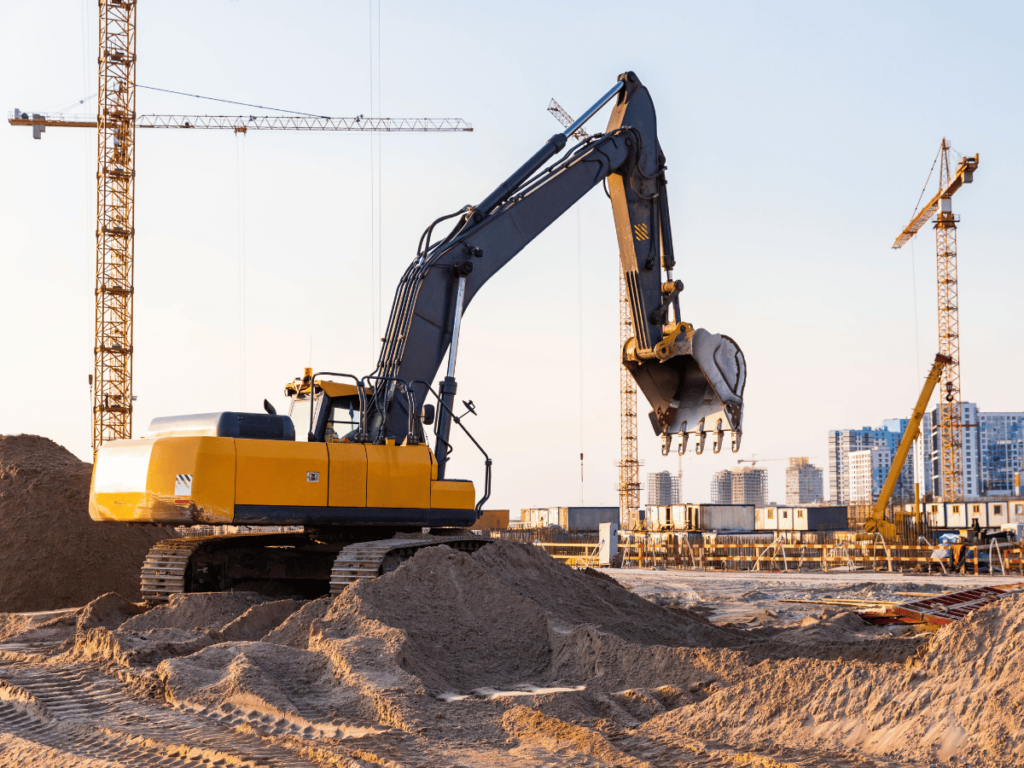
4. Heavy Machinery Manufacturing
In the heavy machinery manufacturing sector, the equipment produced is often subjected to extreme conditions and heavy loads. This industry demands components that not only offer high performance but also exceptional durability. Below are reasons why thread rolling machines are crucial in this context, providing strong and reliable threads for heavy machinery:
- Production of Large-Scale Threads: Thread rolling machines are capable of producing large-scale threads essential for heavy machinery. For instance, these threads are used in components such as shafts, rods, and hydraulic systems, which are fundamental in heavy equipment.
- Manufacturing of Heavy-Duty Fasteners: The strength and reliability of fasteners are critical in heavy machinery. Thread rolling machines ensure the production of high-quality, durable fasteners that can endure the rigorous demands of heavy-duty applications.
- Gear and Transmission Parts: Thread rolling machines are used for producing gears and transmission parts, which require precise threading to operate under high stress and ensure smooth machinery performance.
- Construction Equipment Components: They also fabricate components for construction equipment, such as bolts and connectors, providing the necessary strength and reliability for enduring harsh work environments.
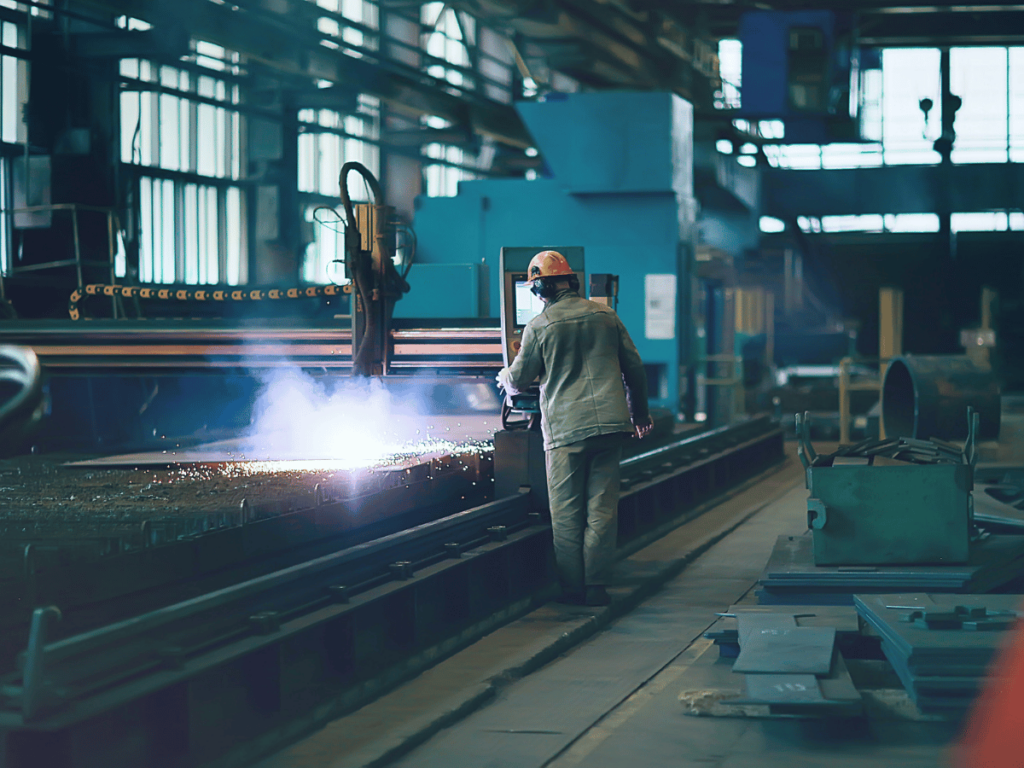
5. Electronics and Telecommunications
The electronics and telecommunications sector is characterized by the need for precision and miniaturization. Thread rolling machines play a critical role in producing small, precise threads essential for electronic components and telecommunications equipment. Here are some valuable applications of thread rolling machines in this sector:
- Manufacturing of Miniature Screws: Thread rolling machines are adept at producing the tiny screws used in assembling electronic devices. These screws are fundamental in holding together the compact and intricate parts of smartphones, laptops, and other electronic gadgets.
- Creation of Connector Components: Connectors and ports in telecommunications equipment often require precise threading. Thread rolling machines are instrumental in producing these components, ensuring seamless connectivity and signal transmission in devices.
- Precision Antenna Parts: Thread rolling machines fabricate parts for antennas, requiring exact threads for optimal signal reception and transmission in telecommunications equipment.
- Creation of Micro Fasteners for Circuit Boards: They also produce micro fasteners used in securing circuit boards, vital for maintaining the functionality and reliability of electronic and telecom devices.
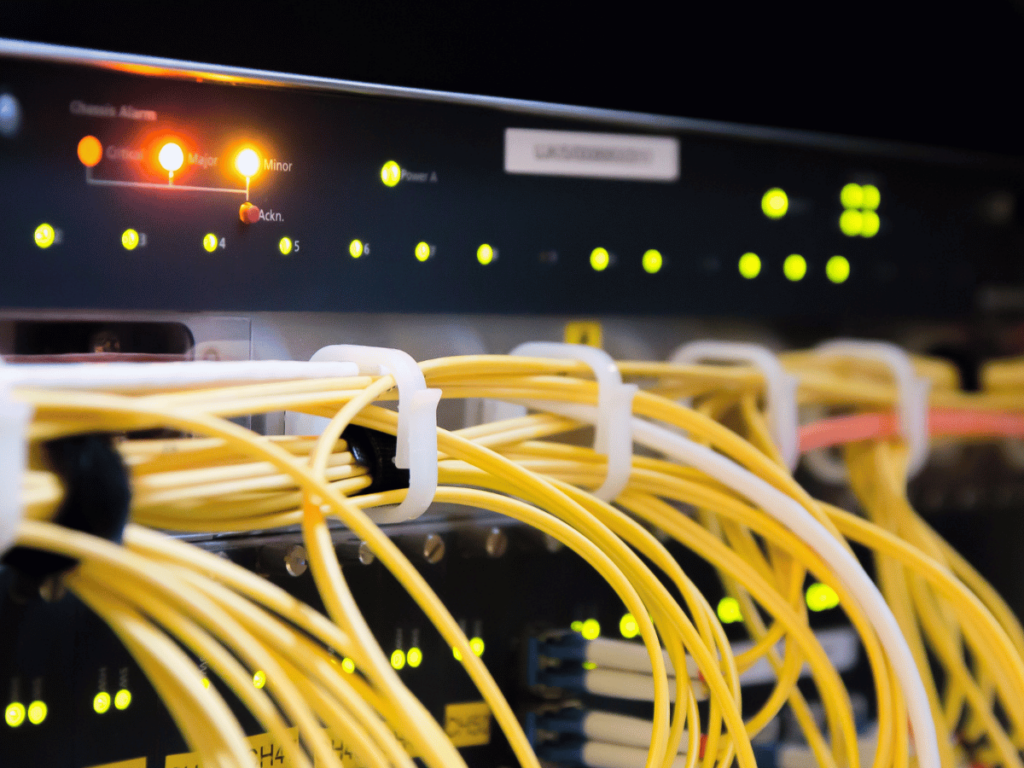
6. Energy Sector
The energy sector, encompassing everything from traditional fossil fuels to renewable energy sources, relies on highly durable and precise components. Thread rolling machines are essential for producing threads that can withstand the challenging environments typical in energy production and distribution. Below, let’s explore some more of their uses in the energy sector:
- Production of Pipeline Components: Thread rolling machines are key in manufacturing threaded parts used in gas and oil pipelines. These threads must be of the highest quality to ensure leak-proof and secure connections in high-pressure environments.
- Creation of Wind Turbine Components: At Awnail, we understand that the growing renewable energy sector, particularly wind energy, relies heavily on precision-engineered threaded components. Thread rolling machines are used to produce these parts, ensuring the durability and efficiency of wind turbines.
- Solar Panel Frame Construction: They are used in manufacturing threaded components for solar panel frames, ensuring stability and durability in various environmental conditions, supporting the growth of solar energy solutions.
- Geothermal Equipment Manufacturing: Thread rolling machines also contribute to the geothermal energy sector by producing threaded components for drilling equipment and pipes, vital for the extraction and transport of geothermal energy.

7. Railroad Industry
In the railroad industry, where safety and durability are paramount, thread rolling machines play a crucial role in creating components that withstand the rigors of railway operations. Along with their ability to produce threads with exceptional strength and precision, here are some the reasons why thread rolling machines are indispensable in ensuring the safety and efficiency of rail travel and freight movement:
- Manufacturing of Rail Fastening Systems: Thread rolling machines are extensively used to produce the bolts, screws, and other fastening components critical for securing rails and ensuring track integrity. These fasteners are essential for maintaining the stability and alignment of the tracks.
- Production of Engine and Carriage Components: Many components of locomotives and carriages, including couplings and suspension parts, require precision threading. Thread rolling machines provide the accuracy and strength necessary for these vital components, ensuring the smooth operation of trains.
- Signal Equipment Construction: Thread rolling machines are used to make components for railway signal equipment, where precise threads are necessary for the reliability and safety of signaling systems.
- Track Maintenance Tools Fabrication: They also produce threaded parts for tools used in railway track maintenance, ensuring these tools are robust and durable for long-term use in maintaining rail infrastructure.
8. Marine and Shipbuilding
Awnail recognizes that the marine and shipbuilding industry demands components that can withstand harsh marine environments. Here are some reasons why thread rolling machines are invaluable in this sector, producing threads that are both strong and resistant to corrosion:
- Fabrication of Marine Fasteners: Thread rolling machines play a crucial role in producing fasteners used in shipbuilding. These include bolts, nuts, and screws, which must be highly resistant to corrosion and able to withstand the stresses of marine operations.
- Production of Engine and Propulsion System Parts: Precision threading is vital for components in marine engines and propulsion systems. Thread rolling machines provide the accuracy and durability needed for these parts, ensuring their reliability in the demanding conditions of marine use.
- Improving Manufacturing Efficiency: Thread rolling machines expedite the production of vital threaded components in the marine and shipbuilding industry. Given the shipbuilding market’s expected growth, with a 4.84% compound annual growth rate as reported by Mordor Intelligence, the importance of these machines in keeping pace with industry demands is increasingly evident.
- Anchoring System Elements: They also produce threaded parts for anchoring systems, vital for securing ships safely, ensuring these components offer strength and corrosion resistance.
The table below outlines key elements of an anchoring system, their specific requirements, and why these characteristics are critical for the overall performance and reliability of the system.
| Element | Requirements | Importance |
| Threaded Rods/Bolts | High tensile strength and precision threading. | Strength and Durability: Must withstand the high stresses involved in anchoring, ensuring the ship remains securely moored. |
| Nuts and Washers | Corrosion-resistant materials, compatible with rods/bolts. | Corrosion Resistance: Essential for long-term reliability in marine environments, preventing weakening over time. |
| Anchor Shackles | Robust design and material strength, with secure locking mechanisms. | Secure Connections: Critical for linking the anchoring chain to the ship, requiring fail-safe locking to prevent disconnection. |
| Chain Links | High-grade steel with a galvanized or coated finish for corrosion protection. | Load Bearing: Must support the weight of the anchor and chain, plus withstand pulling forces without deforming. |
| Anchor Flukes | Engineered for maximum penetration into seabed substrates, with material choices to resist bending or breaking. | Effective Anchoring: Ensures the anchor can securely grip the seabed, providing reliable mooring in various conditions. |
| Swivels and Connectors | Designed for flexibility and rotation without compromising strength. | Operational Efficiency: Allows for the anchor and chain to align with shifting tides and currents, reducing stress on components. |
9. Medical Device Manufacturing
The medical device manufacturing sector is characterized by its need for precision, reliability, and compliance with stringent health standards. Thread rolling machines are crucial in this field, producing high-quality threads essential for a wide range of medical equipment and devices. Here are some of the uses of thread rolling machines in manufacturing medical devices:
- Fabrication of Surgical Instruments: Many surgical tools, such as scalpels, clamps, and screws used in orthopedic surgery, require precision threading. Thread rolling machines are used to manufacture these critical components, ensuring their functionality and reliability during medical procedures.
- Production of Implantable Device Components: For instance, implantable medical devices, including pacemakers and joint replacements, often feature threaded parts. The precision threads produced by these machines are essential for the safe and effective functioning of these life-sustaining devices.
- Dental Equipment Manufacturing: Thread rolling machines also fabricate components for dental equipment, including dental implant screws and tools, requiring high precision for effective treatment outcomes.
- Diagnostic Device Parts: They are used to make threaded components for diagnostic devices, ensuring these parts meet the exact specifications needed for accurate medical testing and analysis.
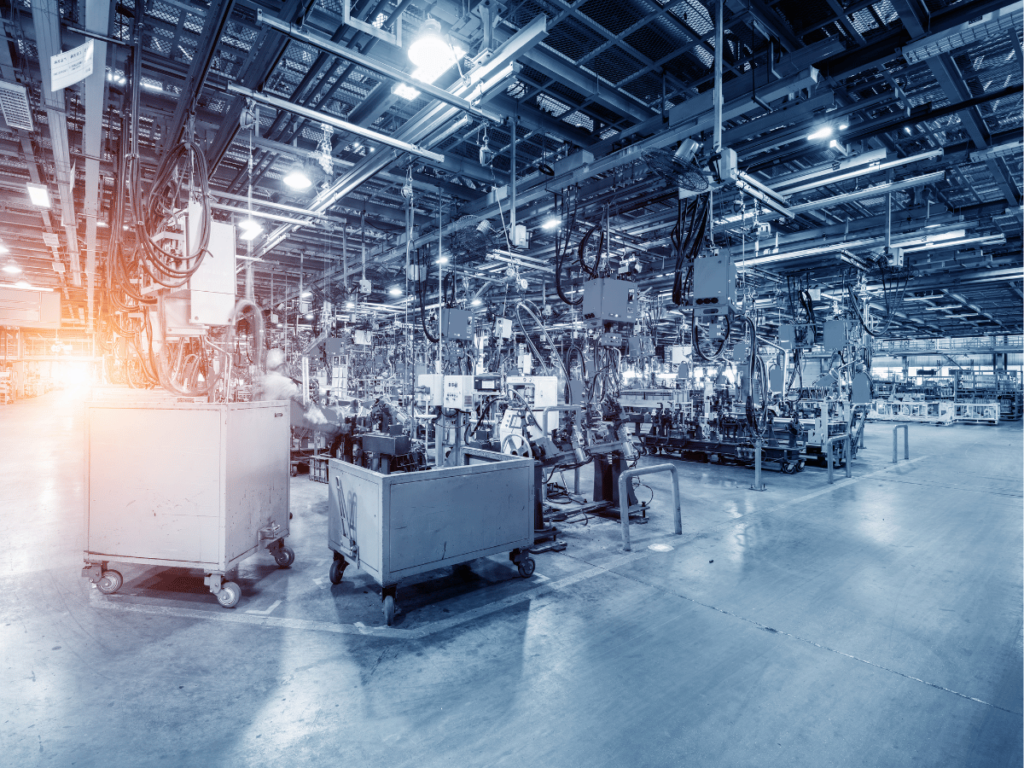
10. Textile Machinery
In the textile machinery industry, the efficiency and precision of equipment are crucial for maintaining productivity and fabric quality. Thread rolling machines play an essential role in this sector by providing high-quality threads for the machinery components. Below are some of its uses in textile machinery:
- Manufacturing of Machine Components: Key components of textile machinery, such as spindles, bolts, and shafts, require precise threading for optimal performance. Thread rolling machines are used to produce these components, ensuring their strength and durability under the high-stress conditions of textile production.
- Production of Attachment and Adjustment Screws: Fine adjustment and attachment screws in textile machinery are integral for precision tasks like thread tension adjustment. Thread rolling machines produce these screws with the necessary precision and quality.
- Loom Component Fabrication: Thread rolling machines are instrumental in producing loom components, including the threaded parts that are vital for the loom’s operation, maintaining the precision necessary for high-quality textile production.
- Bobbin and Spool Parts Production: They also manufacture bobbins and spool parts, which require precise threads to ensure smooth and efficient yarn feeding in textile machinery, contributing to the overall quality of the fabric produced.
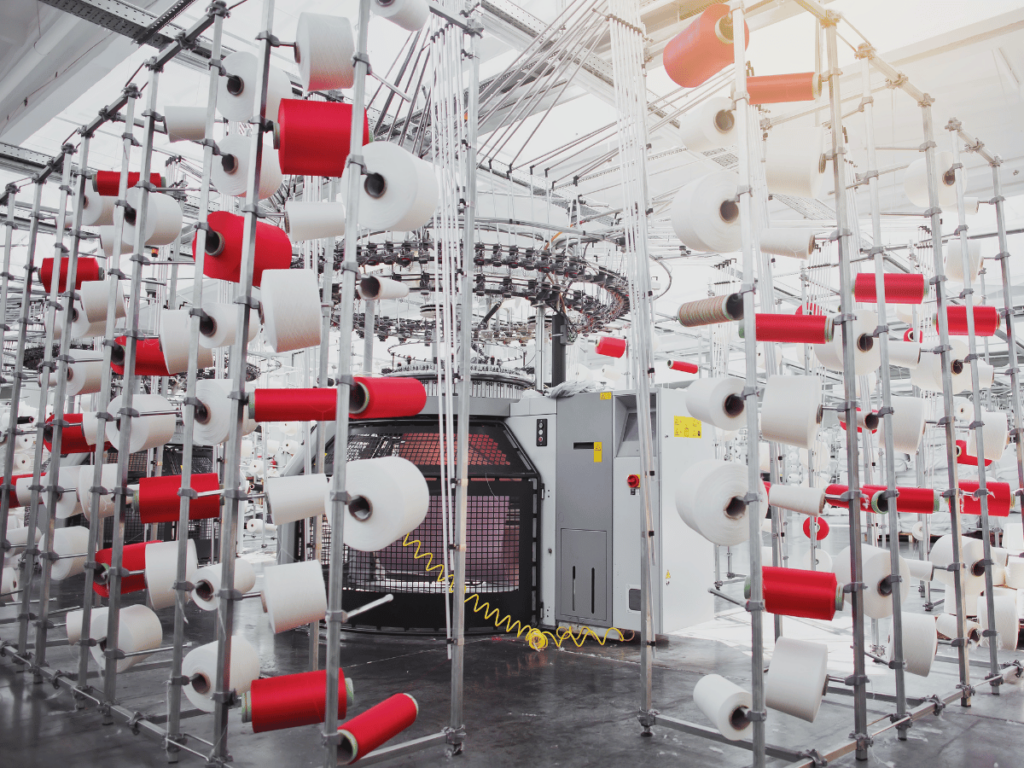
Dive Deeper Into Our Resources
Looking for more diverse product options? Browse through our handpicked selections:
For some insightful reads, we’ve curated a list of recommended articles just for you:
- Exploring the Impact of Thread Rolling Machines in Custom Fabrication
- Exploring 8 Industries for Thread Rolling Machine Applications
- The Ultimate List of Top 8 Nail Making Machine Manufacturers
- An In-Depth Guide to Nail Making Machines
Still haven’t found what you’re looking for? Don’t hesitate to contact us. We’re available around the clock to assist you.
Conclusion
The versatility and efficiency of thread rolling machines make them an invaluable asset across a wide range of industries. Their ability to produce high-quality, durable threads is essential for the functionality and safety of countless products and infrastructure.
For those in the market looking for a reliable thread rolling machine, Awnail stands out as a manufacturer of choice. To explore how these machines can enhance your manufacturing processes, contact us today.

